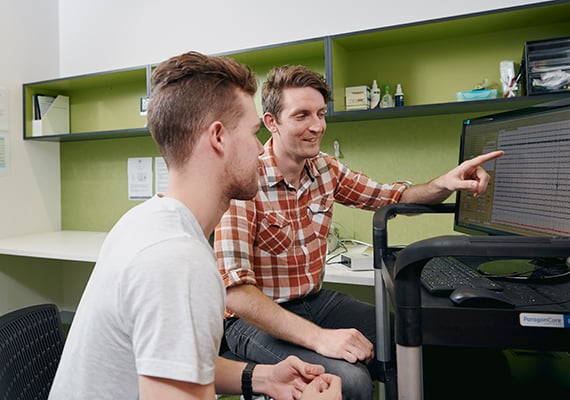
What do career counsellor jobs look like?
As a career counsellor, you will work with students in one-to-one and group settings. You will help them develop career goal and advise on how, through education and experience, they can obtain those goals. Career counsellors develop networks of employers and educators. They keep up to date with accreditations and job entry requirements and are knowledgeable of the education providers who offer the required credentials.


